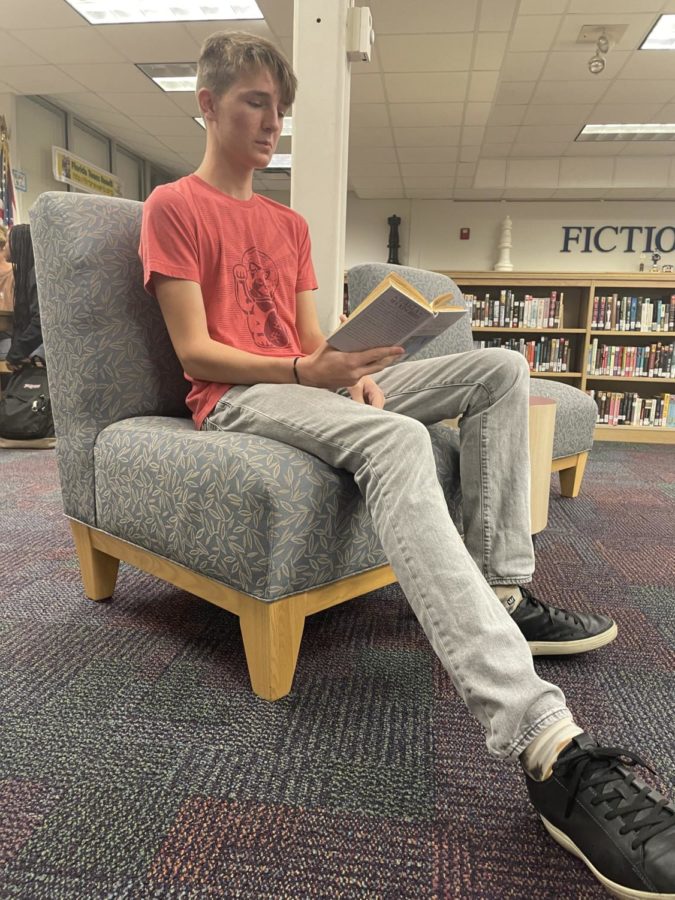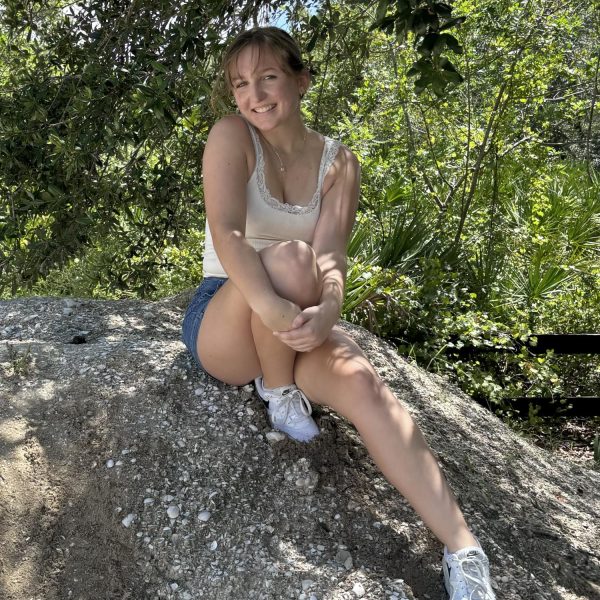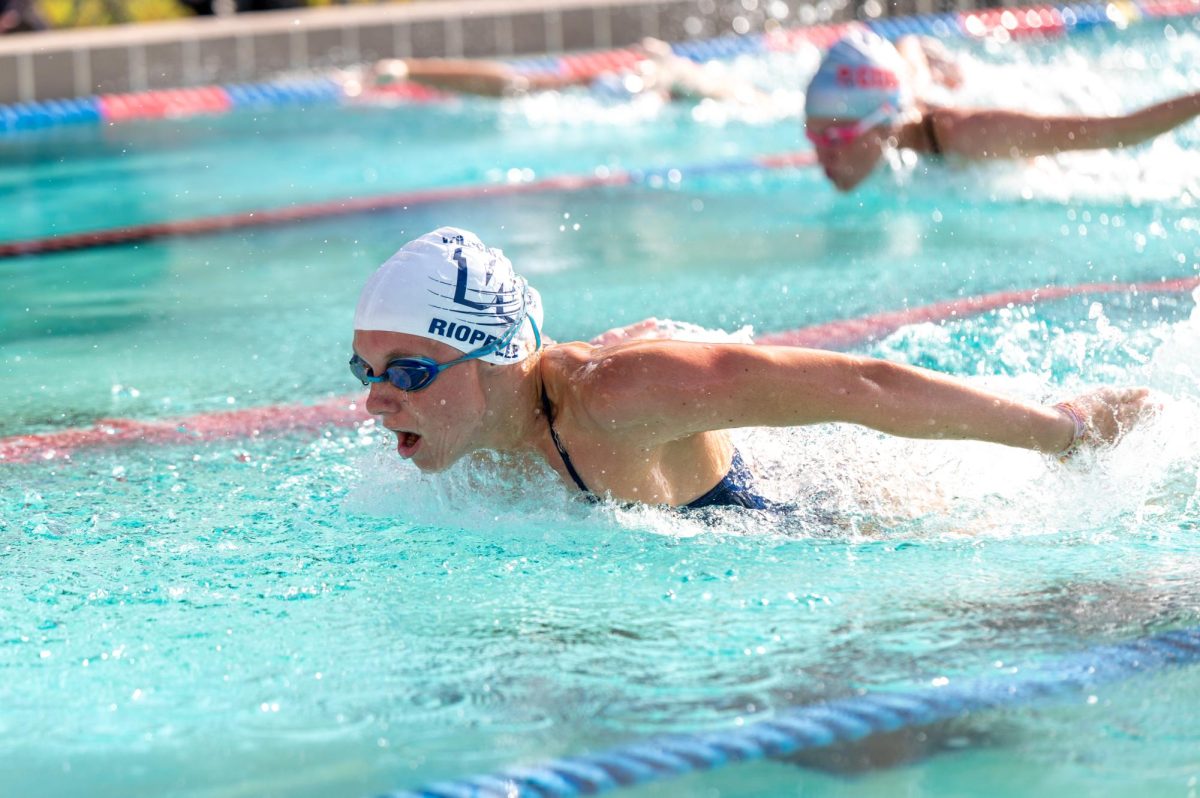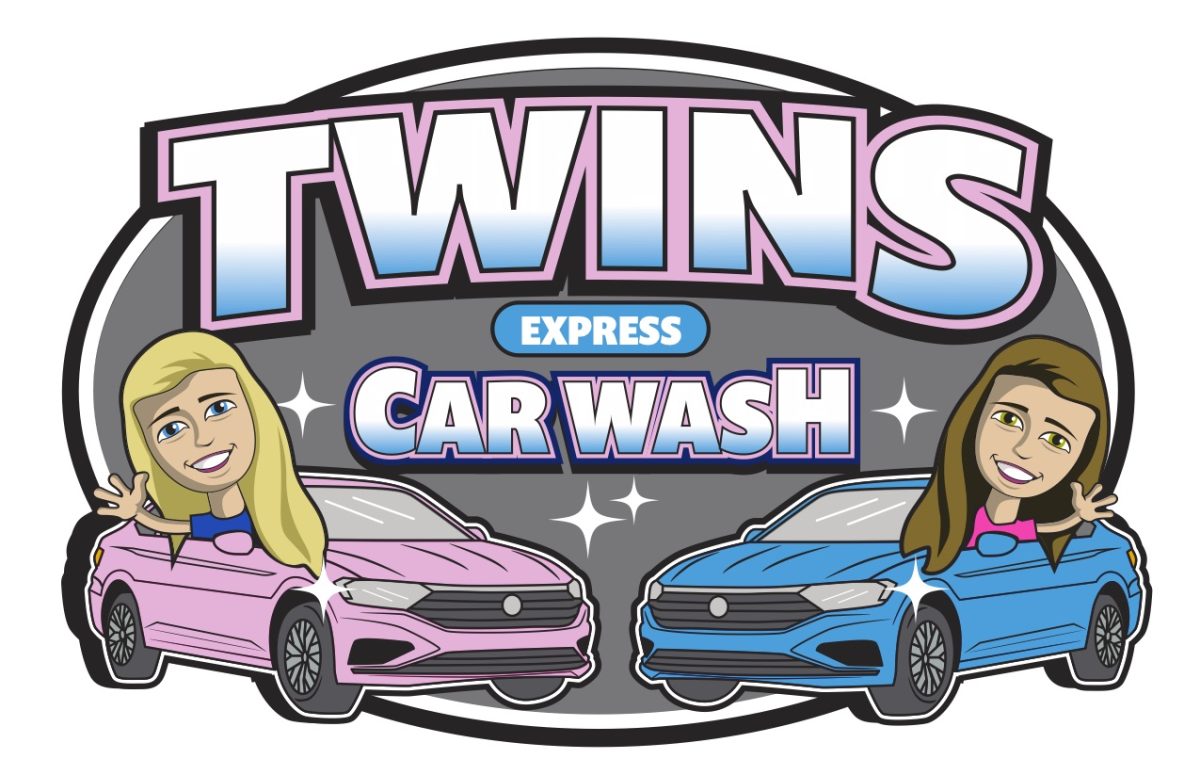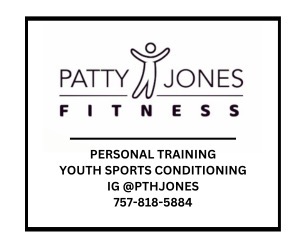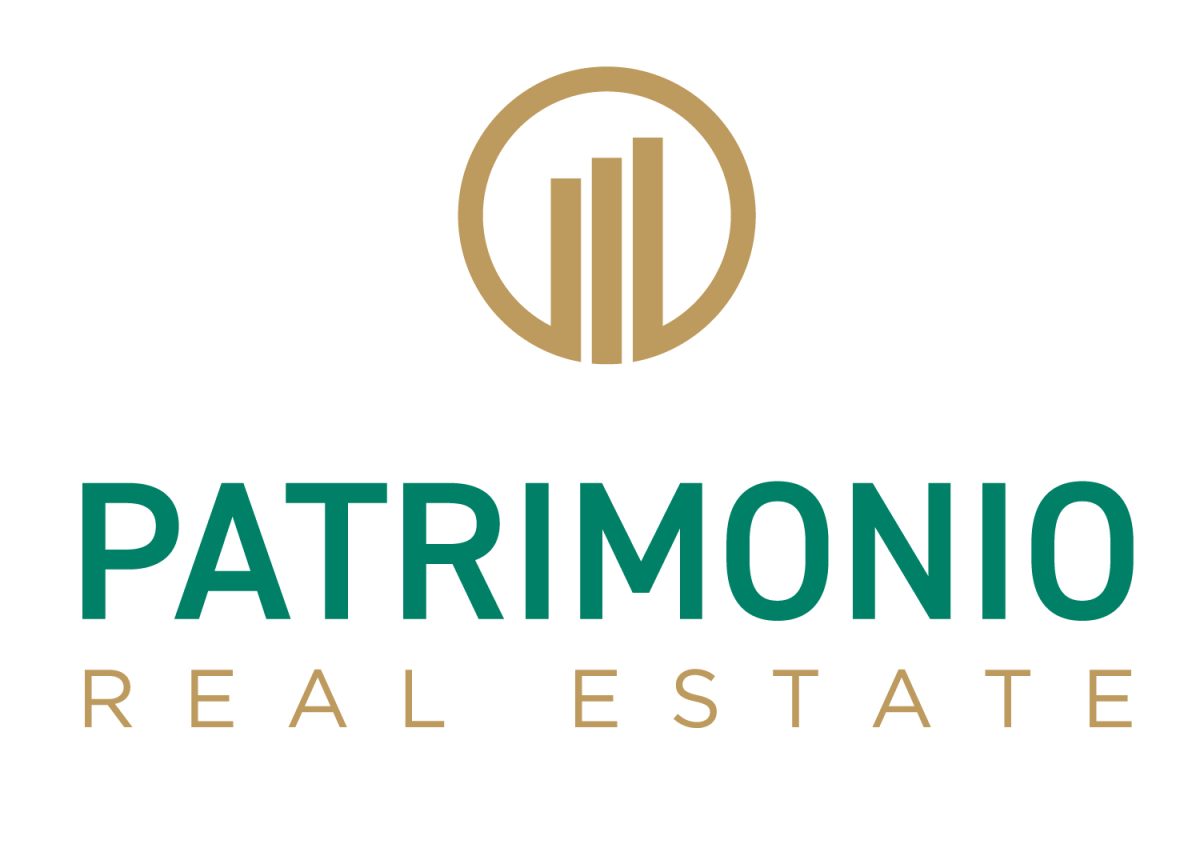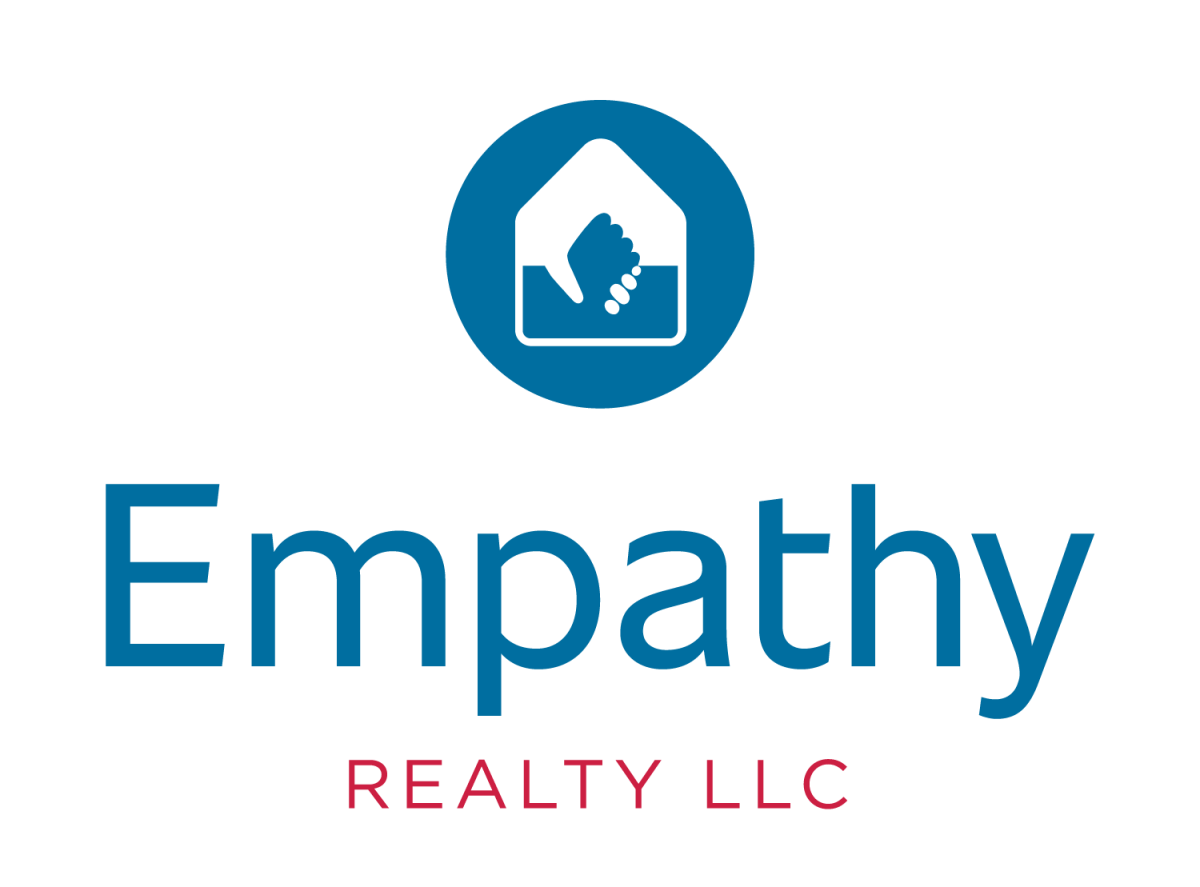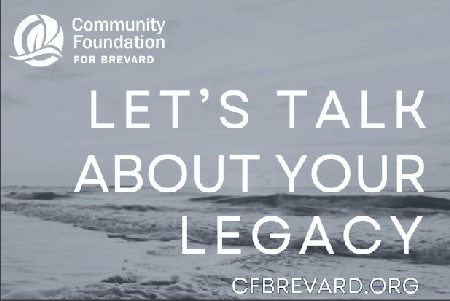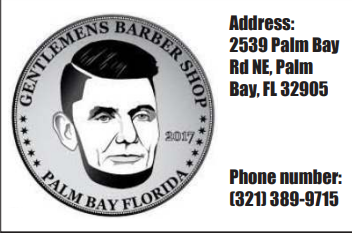Educators feel threatened by rise in book controversy
Freshman Francis Lewandowski reads Harper Lee’s “To Kill A Mockingbird” in the school’s media center.
February 17, 2023
After a series of parent demands, Florida’s Department of Education is tightening the enforcement of the book vetting process. Book vetting is the investigation of books for content deemed “harmful to minors,” and then declaring whether or not the novel is suitable to be in school or classroom libraries. Coping with the threat of being charged with a third-degree felony for having an un-vetted book in their classrooms, teachers and media specialists across the state have been removing, covering and concealing books.
Language arts instructor Lisa Rehm, who teaches seventh-grade and senior students, said she has filtered through her classroom library books meticulously.
“Initially, I boxed up all my books because I had to check them to make sure that the books were part of the Brevard Public Schools collection,” she said. “Then, I made the tough decision to keep my high school books boxed … Previously, it was never a problem. I had one of the bookshelves that were all middle-school friendly and on the other wall, I had one bookshelf that was all high-school [books]. I never ever had a middle-school student go through the high-school books.”
Rehm said it might not be a teacher’s fault if a challenged book winds up in a classroom.
“I don’t think a teacher would purposely have books that are harmful to students,” she said. “I would be concerned especially with such a harsh penalty, how easy it would be for somebody to bring in an inappropriate book because they are upset with their grade [causing the teacher to face consequences]. There are not that many people who would be that vindictive, but things like that do happen.”
Rehm also expressed concern for students unintentionally putting teachers at risk.
“It could be an accident if a student has an inappropriate book in their backpack,” she said. “You know, I had an older student bring in a [not school-appropriate] book one time for independent [reading] completely accidentally. I said ‘take the book home, never bring it back again.’”
Rehm when on to say that when it comes to classroom reading selections, it’s important to maintain a partnership among parents, students and teachers.
“Regarding classroom libraries and independent choices, students know what books are within the parameters and expectations of their parents and teachers,” she said. “This allows for choice based on interest and reading level to differentiate instruction. I’ve had middle-school classes in which I’ve had one student reading ‘Hatchet’ and another reading ‘Les Miserable.’”
Principal Rick Fleming said he finds the book-vetting process reasonable to an extent. He said if 48 out of 50 parents find a book or topic fine to teach in schools, then there should not be an issue with having the book in classrooms or school libraries.
“There is certain content that should definitely be considered [for investigation],” he said. “However, you know, with kids in elementary school walking around with devices, they can pretty much access anything they want. That said, I think teaching good policy with regard to age-appropriateness is important for everybody.”
Fleming said the board hasn’t given detailed instructions for how to vet books yet.
“Our teachers in their classroom libraries have chosen books from the curriculum … and they’ve submitted those reading lists to our media specialists who now have a copy of what every teacher has in their classroom libraries,” he said. “That keeps us in compliance with all of the new legislation that has come out. However, I’d be anxious to see if the district is going to come out with some kind of procedure. Are we doing the right procedure? I don’t know.”
On the other hand, a specialist at a district elementary school who wished to remain anonymous out of concern for her job, said the book-vetting process isn’t new. The main difference is teachers and media specialists are held to a stricter standard.
“When we add any book into our library collection database, there are reviews that are considered first and foremost,” the source said. “We read the reviews and consider appropriateness for the intended audience. Some of us aren’t sure why these procedures are in question now, but here we are. I feel like it undermines us as professionals because we are trained to curate our library collection and know its contents. It is adding much stress onto our profession and causing many of us to consider looking elsewhere for jobs or leaving education altogether.”
Fleming expressed concern that adding another responsibility on teachers will further deter students with interest in education.
“I’m worried for the teaching profession,” he said. “There was a time when I was a principal when I could go into a classroom 10 years ago and [asked who wants to go into teaching] … there might have been five or six hands thrown out. Nowadays, if I go into a classroom and [ask the same question] you might see one hand go up. The rest of the students kind of look at that person who wants to be a teacher and think teachers don’t make enough money, they’re not respected and all the factors that teachers are dealing with now.”
Rehm said she notices a pattern in some of the books that are challenged.
“There does seem to be specific authors and subject areas that are making the censored list more often,” she said. “Toni Morrison’s books seem to be on the list more often than other authors. It’s very easy to just look at a sentence or two and say that it’s inappropriate, but it’s also important to take a look at the context of the entire world. In certain situations, books are meant to be written for adults or at higher levels like [Advanced Placement]. There are some scenes that are meant to be disturbing, and that are meant to convey certain emotions or thoughts within the whole context of the work.”
Fleming said considering a book’s audience is essential in deciding its ethical value. He said he believes the “Kite Runner,” for instance, is a fascinating story, but due to a page and a half about a gay rape scene, it is a banned book in Florida schools.
“Some of our Advanced Placement books or college level books may have some questionable material in them according to some people, but because it’s for a college level course, I don’t think that we should be on this big crusade against college level material,” he said.
Throughout the board meetings with the media specialists, the word ‘pornography’ has been brought up multiple times to describe inappropriate content. The media specialists received the Merriam-Webster definition of pornography; it is “material (such as books or a photograph) that depicts erotic behavior and is intended to cause sexual excitement,” according to the handout. Media specialist Mike Drake finds the term misused in the book challenges.
“We’ve got a highly sensitive group of parents now that are very in tune to anything that they deem pornographic, which I find kind of funny because pornography is not necessarily depictions of sexual abuse and rape,” Drake said. “The definition of pornographic is to titillate, just because there’s something of adult nature in a book doesn’t mean it’s pornographic.”
The anonymous local educator said pornographic content was not the only topic frequently used to describe potential harms to minors in the meeting.
“Critical race theory was mentioned multiple times during the new state media training, as was [social emotional learning],” she said. “That’s a big red flag. There are several schools right here that have a whole unit of curriculum on social emotional learning. Although I don’t find that I have anything that’s of critical race theory, when you’re talking about history, in terms of race issues, historically those exist, so I think that’s going to be misdefined as well. But that’s a huge problem, attacking different categories of books because now you’ve opened one door and others are going to be opened, I’m sure.”
The anonymous media specialist said it was bothersome when “Ivy Aberdeen’s Letter to the World” was banned in Texas and reconsidered in the district. The book was a title on the 2019-2020 Sunshine State Young Readers Award list, but due to the main character questioning her sexuality and drawing pictures of herself holding hands with other girls, it was taken out of circulation in many libraries.
“There was no sex in it, there was no pornography,” the source said. “It was ridiculous that it was challenged.”
Similarly, freshman Hannah Jones said the “Hate U Give” is a book with important topics for everyone to read, but this book is one of the top two banned books in Florida—tied with “Thirteen Reasons Why,” according to Fort Myers News-Press.
“An innocent Black kid is shot dead by cops because they suspect him of having a weapon that he doesn’t have,” she said. “He’s Black and they don’t trust, which is not OK. For the people who are saying this is an inaccurate portrayal of the police force in America, look around. How many innocent Black people have died because a cop suspected them simply because of their skin color?”
Freshmen Max Jachec said the heightened book vetting is unnecessary and controlling, even if the intentions are pure.
“I think [people are censoring and vetting books] just to keep kids safe and to keep them innocent,” Jachec said. “But they’re going to find out about it anyway later in life.”
Jones said the world is polarizing politically, making consensus difficult to reach.
“Our country is being torn apart right now,” she said. “We’re a disaster. People are fighting left and right. You’re either on one side or on the other. There’s no in between. It’s us or them. Maybe you’re homophobic, maybe you’re racist, maybe you’re sexist, and maybe you don’t want your kids exposed to violence because as you see it, [but] books show these truths in a way that people can’t always see and books are a way to learn about these difficulties and fights and struggles across America that you might not be exposed to. We need to learn about them if we want to make progress and if we want to help stitch our country back together.”
By Elena Konicki









































